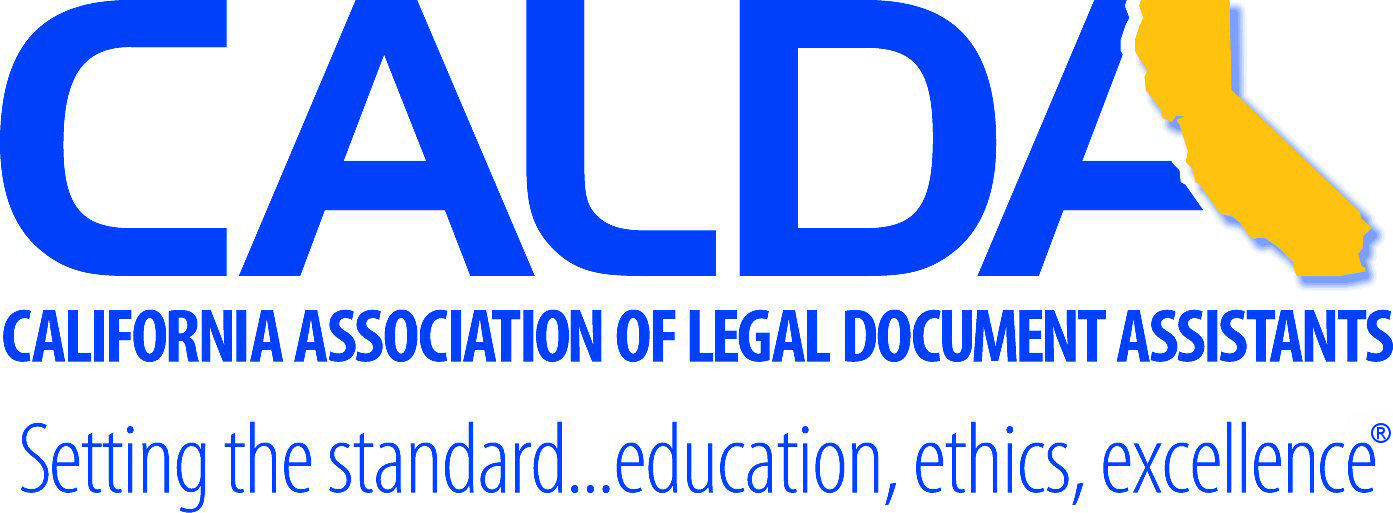One of the more frustrating aspects of the Probate process is when creditors come forward and file a claim against the Estate. One of the most  important things to remember however, is that you (the Executor/Administrator) are not responsible personally for the debts of the Decedent or Estate. The beneficiaries/heirs are not either. The Estate itself is responsible for the debt(s) that the deceased person may have left behind. Hopefully the Estate is “solvent” and has enough funds to pay off any creditors that may come forward during the Probate process. Creditors MUST file a formal claim with the Estate to have really any chance of being paid, and they must file their claim within a certain time period, or their claim can be rejected in it’s entirety for being “late”. Typically a creditor has four (4) months from the time that the Letters are issued to the personal representative by the Court to correctly file their claim. Alternatively, they have sixty (60) days from the date they are given formal notice of the administration of the Estate OR the said 4-month period, whichever is the later of the two.
important things to remember however, is that you (the Executor/Administrator) are not responsible personally for the debts of the Decedent or Estate. The beneficiaries/heirs are not either. The Estate itself is responsible for the debt(s) that the deceased person may have left behind. Hopefully the Estate is “solvent” and has enough funds to pay off any creditors that may come forward during the Probate process. Creditors MUST file a formal claim with the Estate to have really any chance of being paid, and they must file their claim within a certain time period, or their claim can be rejected in it’s entirety for being “late”. Typically a creditor has four (4) months from the time that the Letters are issued to the personal representative by the Court to correctly file their claim. Alternatively, they have sixty (60) days from the date they are given formal notice of the administration of the Estate OR the said 4-month period, whichever is the later of the two.
How do the creditors know about the Probate? There are a couple ways the creditors find out about the ongoing Probate case. The first, and probably most common is the Probate Notice that is required to be published a certain number of times prior to the first hearing date. Most all major creditors have people “watching” for these notices. If they see one that pertains to a credit account on their records, they usually will go ahead and filed a claim against the Estate for the amount owed. The other way is when the Executor/Administrator gives the creditor formal notice by mail. A question asked often is do I have to give notice to a creditor that the Probate is ongoing? If you as the Executor/Administrator know of existing creditors, then you should give them proper notice of the ongoing Probate. Remember that you signed off on the Probate form “Duties and Liabilities of Personal Representative” and that was filed with the Court. You have an obligation to act as a fiduciary for the Estate, and in accordance with the rules and laws of the Probate code(s). If you do something that violates your duties, and the Court finds out about it, you could put yourself in a precarious position with the Court. You don’t want to do that. You always want to do what is right and correct. It is the right thing to do to provide proper notice to known creditors of the Estate.
One interesting aspect of dealing with creditors of the Estate is that many, if not most, are willing to negotiate with you. I have had many cases where a $5,000 credit card bill was negotiated down to say $2,000. This is something that a lot of people miss when attempting to Probate the Estate on their own. Most of the creditors will negotiate something with you, but you have to ask. If you are able to negotiate a lesser amount, MAKE SURE you get something in writing from the creditor which states that the agreed upon amount satisfies the entire debt owed BEFORE you make payment. Never pay a creditor a negotiated lesser amount without first getting it all in writing.
Dealing with creditors is a normal part of the Probate process, and often is not as bad as people think. Just remember that until you’ve dealt with all creditors that filed claims against the Estate, and come to some sort of resolution, it will be difficult to close the Probate. You must provide some sort of resolution with creditors to the Court before they will allow the Estate to close.
Disclaimer: I am not an Attorney, and cannot provide legal advice. I am a licensed Professional Fiduciary in the state of California (Lic. No. 1277) as well as a registered and bonded California and Nevada Legal Document Preparer/Assistant. Any information provided on this blog and/or website IS NOT legal advice and should never be used or considered as such. Any information provided on this blog and website is based on my 30 years of experience working in the Probate area. Only a licensed Attorney can provide legal advice, and you should seek out an Attorney of your own choosing if you have legal questions and/or need legal advice.

